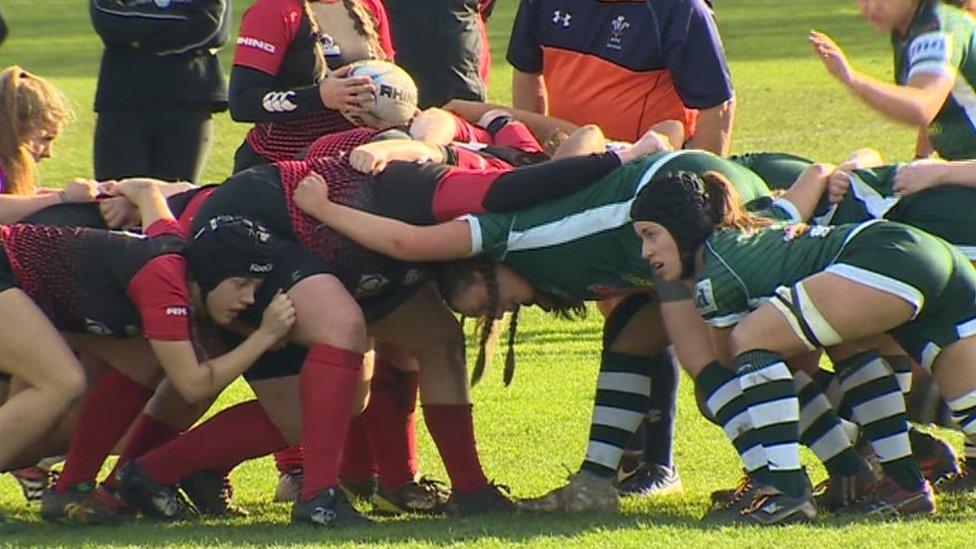Rugby concussion risk 'needs sex-specific guidance'
- Published
Lack of research into women's rugby concussions 'deadly serious'
An expert has joined calls for action on potential links between concussion and dementia in women's rugby.
Willie Stewart, a consultant neuropathologist, said "sex-specific" guidance could reduce brain injury.
It comes after BBC Wales Investigates found a lack of knowledge meant players, coaches and officials were sometimes unaware of safety protocols.
The game's governing body, World Rugby, said it was "committed" to further research.
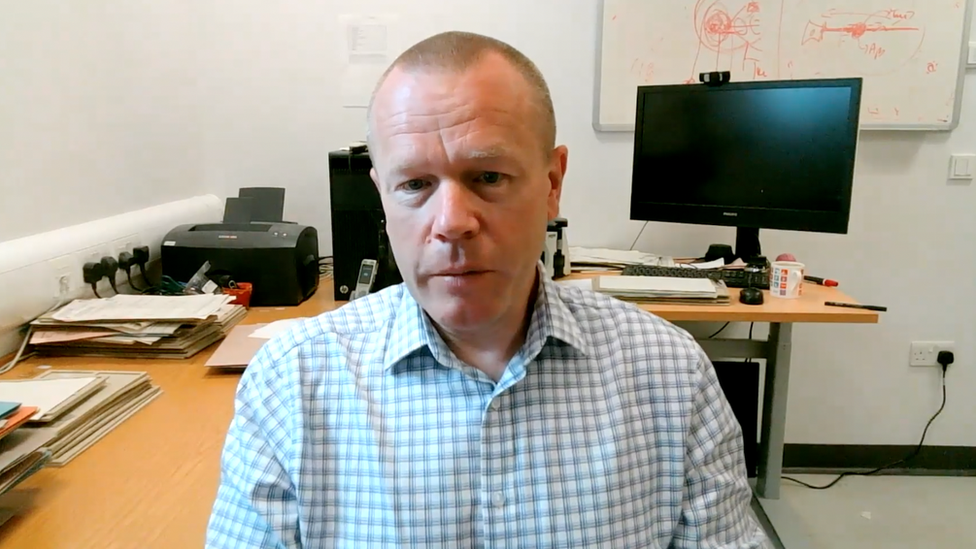
Willie Stewart says research has been based "almost exclusively" on men
Prof Stewart, who works at Queen Elizabeth University Hospital in Glasgow, leads an international team of scientists who study traumatic brain injury (TBI), including in former sports professionals, such as football players.
He said: "Research published recently demonstrated that where the rules are comparable - such as in football or rugby - female athletes are about twice the risk of concussion that male athletes are, for reasons that aren't terribly clear."
He and others, including former players, are calling for fewer contact sessions in rugby training, due to the risk of a link between repeated concussions and dementia.
But are the messages about concussion getting through at grass roots level, and do they think more female-specific research is needed?
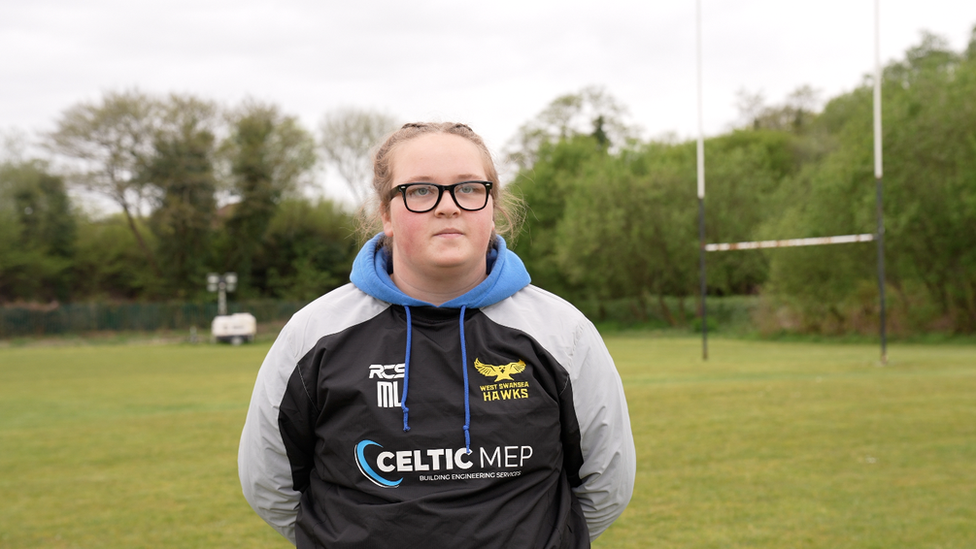
Fifteen-year-old Megan says girls need a "fair chance"
Megan, 15, has been playing with West Swansea Hawks for seven months.
"You all know the risks when you join the game, but you've got to give girls a fair chance as well to have tests and us knowing what exactly is going to happen to us in future."
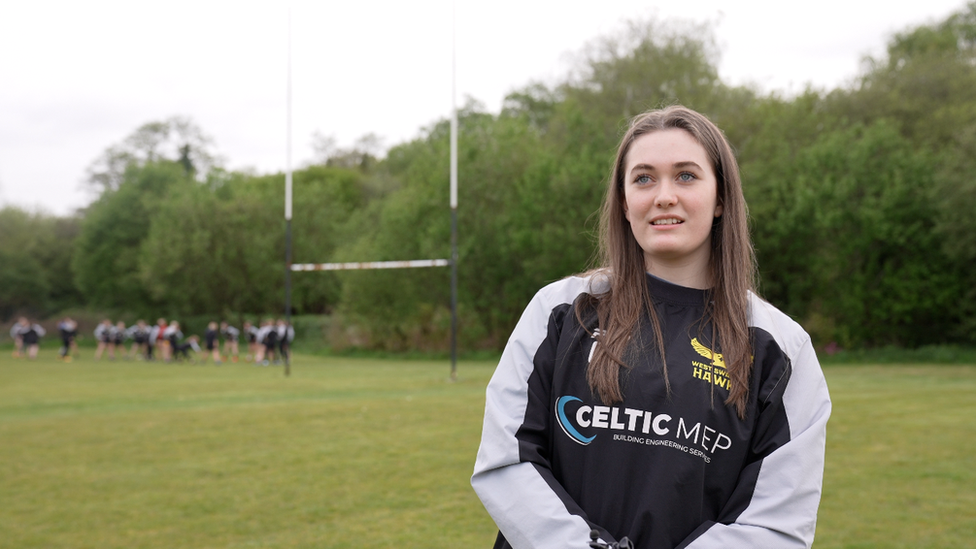
Olivia has had concussion before and says more education could "put people's minds at ease"
Olivia, also 15, has played since primary school, and has played for the Hawks for the past three years.
"I actually had concussion myself, but obviously I don't know much about it. I was really well looked after, and I wasn't allowed to play for weeks afterwards.
"I think the women are hitting as much as the men, so they should do tests equally, and I think that would put people's minds at ease."
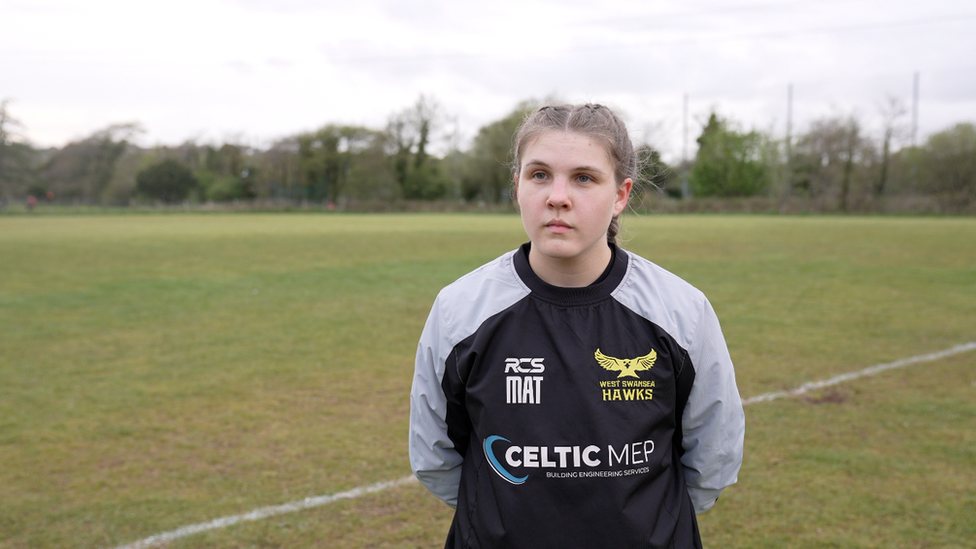
Molly thinks now is the best time to start researching as it is "early in the women's game compared to men"
Molly, 17, has studied concussion in sport as part of her Welsh Baccalaureate.
"There were big differences in female and male cases… it's still relatively early in the women's game compared to men, so now is the best time to start researching."
Prof Stewart told BBC Wales the current "one size fits all" approach to concussion was based almost exclusively on research in men, and that sex-specific recognition and management of concussion was needed urgently.
"None of what we're trying to do is to put people off sport, far from it… but what we're recognising is there is a specific risk related to head injury and head impact," he said.
"We don't want to lose players because they can't play because of brain injury or come back in forty years and find there's a bunch of players with dementia or other problems that we've done nothing to prevent."
He claimed that working with sports authorities and teachers in Scotland over the past five years had already delivered results with minimal funding, by working to the same concussion protocols.
'This is deadly serious'
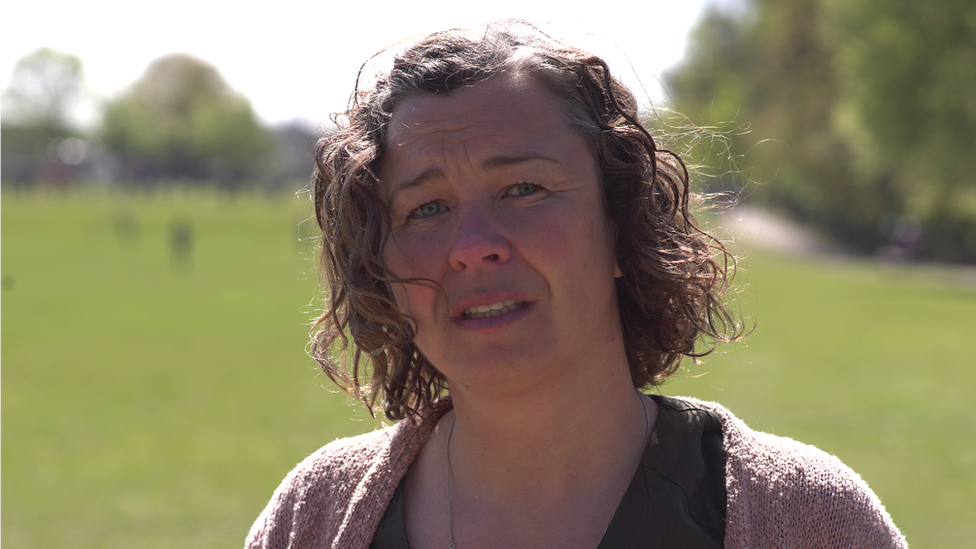
Former Wales international flanker Nic Evans says all players are "putting our bodies at the same risk"
Former Wasps and Wales international flanker Nic Evans agrees.
"We've been playing the same rugby now for years, we're nearly forty years in women's rugby, so we are also putting our bodies at the same risk, yet there is hardly any research on women," she said.
While some small scale research at Swansea University has started to look at the impact of concussion on women, Evans feels more needs to be done.
"We have always historically been a second-class citizen in the game, but I think we are becoming more vocal - I think people are starting to listen to us more.
"I think people are realising this is deadly serious.
"We have to keep the game safe for everybody if we want to continue for our game to grow.
"What I want is world rugby… and the WRU to really consider research in the women's and girls' game and look at how can we make us safer."
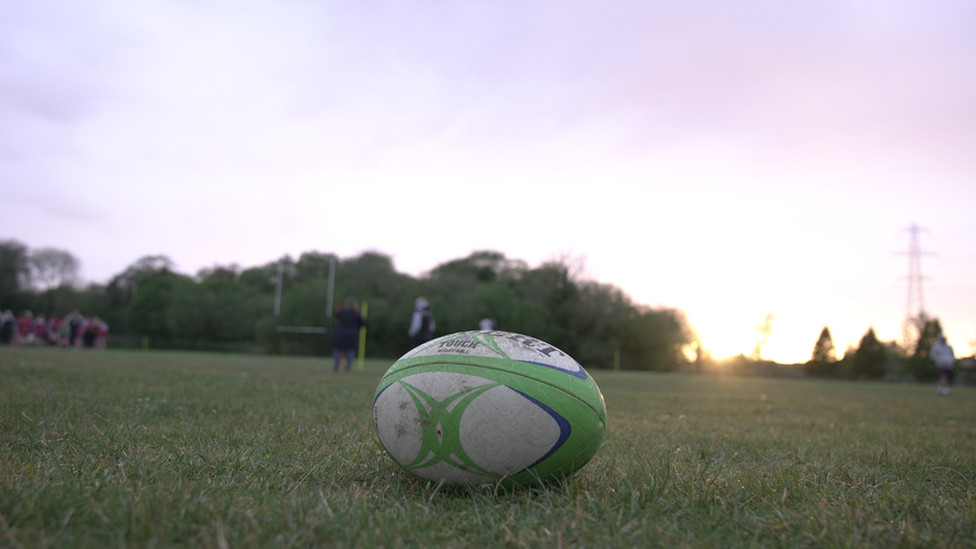
World Rugby says it is partnering with universities to work on research
Prav Mathema, national medical manager at the Welsh Rugby Union, said: "We are engaging in a global women's programme from an injury surveillance perspective and that's actually imminent and that'll be undertaken."
A spokesman for World Rugby, which is responsible for the governance and rules of the game, said: "While research does not demonstrate significant differences in concussion incidence and burden, World Rugby recognises the potential differences in concussion behaviour between men and women and earlier this year announced that women's rugby research would be prioritised within its annual research application call which has a heavy focus on women's rugby."
World Rugby said it had also partnered with the University of Otago in New Zealand on research into head impacts on the community game, and was assisting with the Swansea University research.
BBC Wales Investigates: Rugby - The Cost of Concussion is on the BBC iPlayer

MY LOVE LETTER TO WRESTLING: Mark Andrews speaks to some of the biggest names in the wrestling business
ELIS JAMES' FEAST OF FOOTBALL: Elis, Danny and Iwan react to this week's football news

- Published17 May 2021
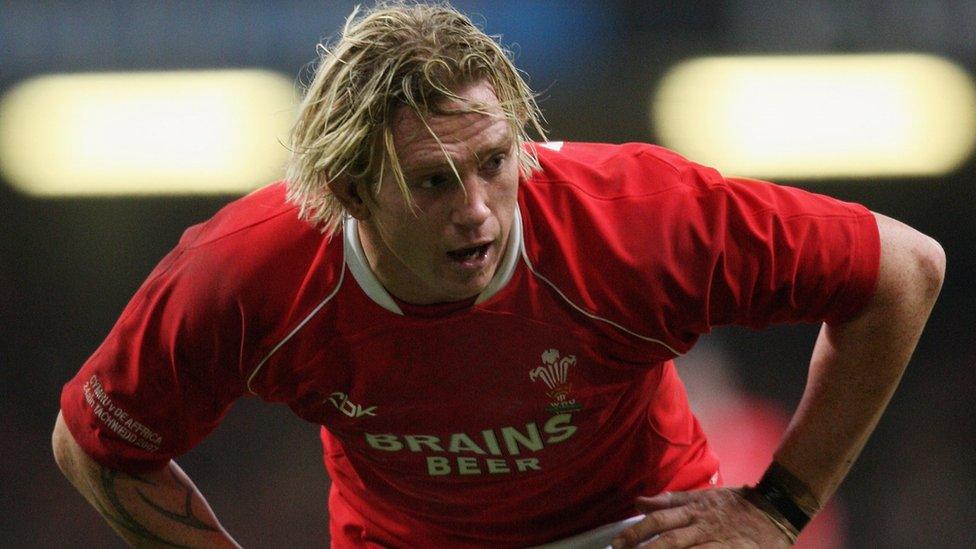
- Published9 March 2021
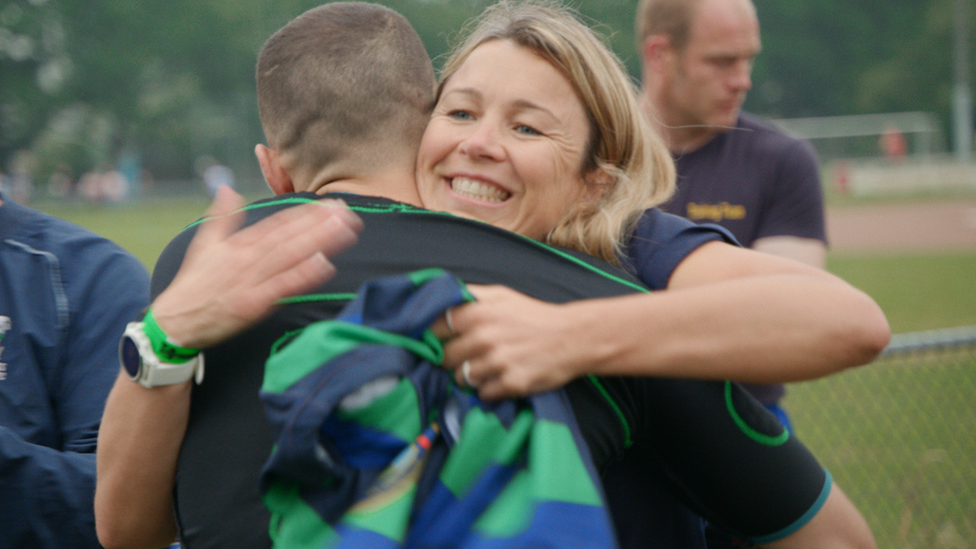
- Published10 February 2020
